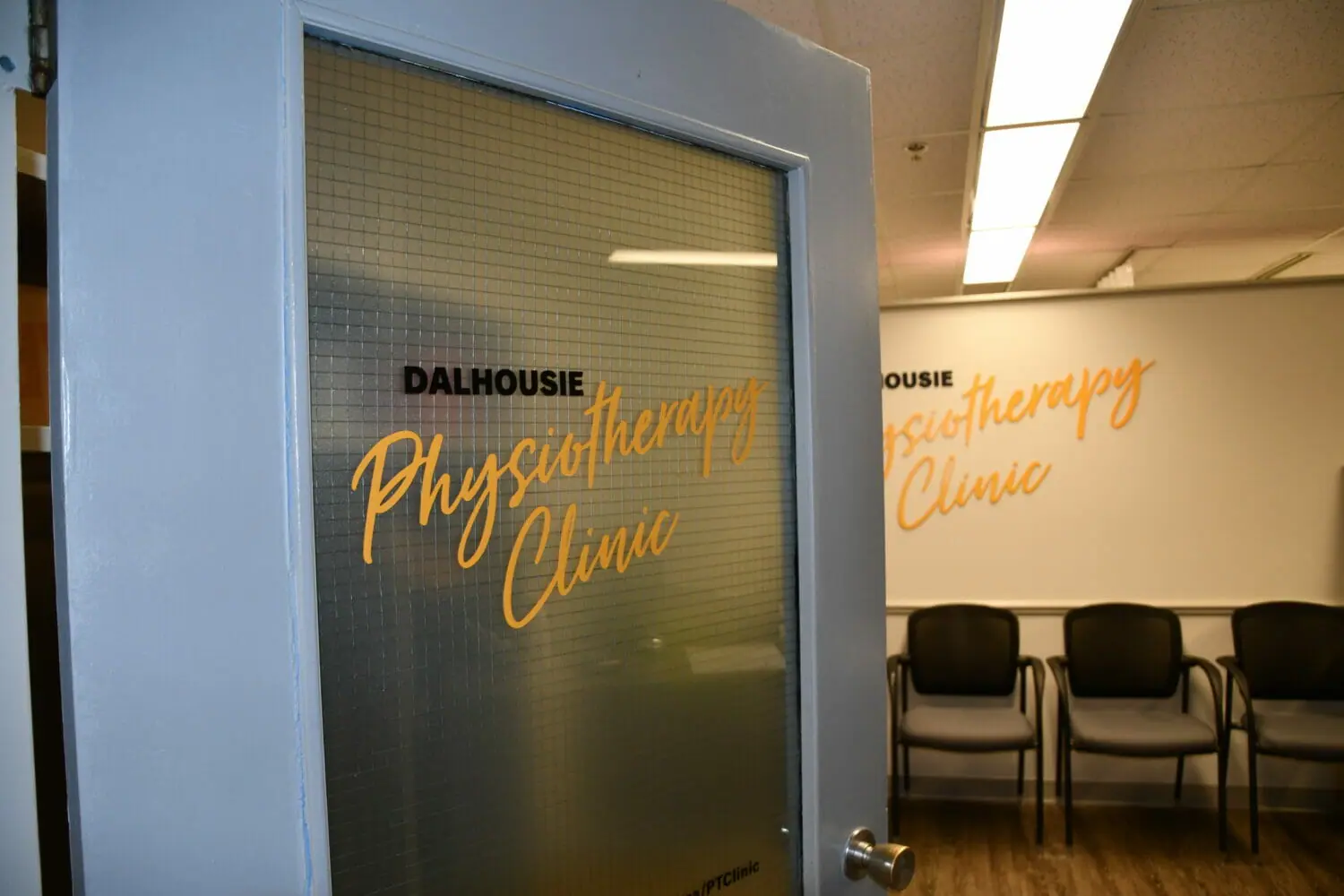The Dalhousie Physiotherapy Clinic had its official opening last month.
“It’s open to everybody. There’s lots of people from the community that go down and use it. It’s great,” said men’s soccer head coach, Pat Nearing.
The clinic is located at Dalplex; it’s a private clinic owned by the university, which means that members of Dalhousie University and members of the public have to pay for it through health insurance.
But the money goes back into the school.
Unofficially, the clinic has been open since December. It started out with three staff members and now has 12.
The clinic is beneficial for the education of students. Physiotherapy students can work in the clinic and get hands-on experience of what it is like to be a professional.
And it’s not limited to just physiotherapy students: kinesiology students and students in other medical programs have the opportunity to job shadow and get a feel for the profession. High school students can also job shadow.
Many of the clinicians working at the physiotherapy clinic are instructors at Dal’s School of Physiotherapy, therefore the staff knows what to expect with Dal students on work placements.
“There is an additional layer of knowledge and experience that I can offer as a clinician because I have taught the students in lecture and lab,” says Rhonda Reardon, who is the manager and physiotherapist at the clinic and an instructor at Dal’s physiotherapy school. “I understand where they are at in their learning and understand the context of how they learned, so it allows them to have a more robust experience.”
It also gives physiotherapy quick access to do research. They don’t want to limit it to just physiotherapy, though. The long-term plan for the clinic is to incorporate neurological and cardiovascular research and care into it.
Derek Rutherford, the interim director of the School of Physiotherapy, believes a physiotherapy clinic based in a university is a good idea because of how often students and faculty sit and work.
“I wouldn’t say necessarily the university setting caters to a physically active lifestyle and to me I think everyone should be going to see physiotherapy. If you sit for more than four or five hours a day, if you keep that up, sometime in your life you’re going to have some physical problems that a physiotherapist can help you with.”
This also benefits the physically active students like student-athletes. There are constant injuries and quick access to the clinic helps them perform.
“A lot of these guys are training 20 to 40 hours, as well as playing 20 to 40 hours a week,” said Nearing. “Little [injuries] become big things very quickly and you can’t, in a short season-especially a university season-just wait to get better,” he adds. “You have to actively get better and the physiotherapy department, the new physiotherapy clinic is fabulous at getting people back to practice and back to games.”
Physiotherapy faculty and staff are still learning how they are going to incorporate care, education and research into the clinic. But Rutherford is excited for the education benefits that will take place when it is finalized.
“To me, that is when the full richness of a clinical placement will be realized.”


Recent Comments